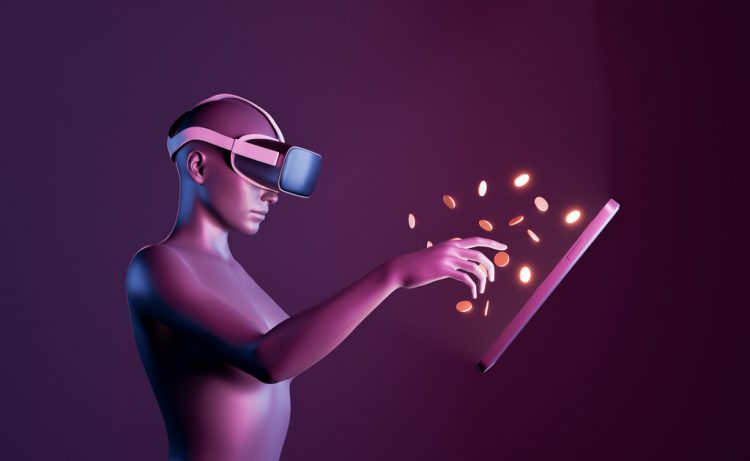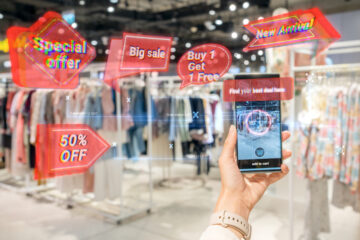Retailers look to metaverses to redefine the retail experience

As consumers rediscover the pleasures of shopping in physical stores and workers return to their offices, the strong tailwinds that benefited the digital economy during the pandemic are losing some of their force. So where does that leave the metaverse and what is its likely impact on retailers?
The argument underpinning the metaverse is that social interactions and commercial transactions are becoming increasingly digital and it remains a very powerful one that has propelled investment in this sector.
Facebook changed its name to Meta Platforms last year and Reality Labs, Meta’s VR and AR division, has spent $10 billion creating the tools needed to build and better experience the metaverse. When unveiling the new name, Meta CEO Mark Zuckerberg talked about transactions worth hundreds of billions of dollars that would take place in the metaverse in the next decade. Other tech giants and leading consumer brands also rushed to set up metaverse projects.
But the metaverse has not escaped the recent cooling of investor sentiment towards the technology sector due to the worsening economy and the collapse in value of overhyped metaverse technologies such as cybercurrencies and non-fungible tokens.
Meanwhile, Meta recently pushed back plans to launch a commercial headset that would allow consumers to experience virtual worlds.
The metaverse may not have yet arrived but clearly it is only a matter of time as many of us already use its enabling technologies every day: eCommerce, 5G networks, virtual reality, augmented reality, remote meetings, social networks, crypto, NFTs, wearable tech and AI.
An immersive channel for retail
With the advent of the metaverse, retail leaders have a great opportunity to be able to give their customers an immersive digital experience, without compromising the benefits of the physical experience.
According to a study conducted by Accenture, just over half of consumers globally, consider that part of their lives and means are being transferred to the digital environment.
Moreover, 72% of executives globally are betting that the metaverse will have a significant and positive impact on their organizations, so many buyers and sellers are now preparing to move fully into the digital environment.
Undoubtedly, the adoption of the metaverse in the retail sector will offer businesses the ability to offer an experience that goes beyond the limitations of today’s physical or online store experience.
Combining physical, augmented and virtual reality allows retailers to create an environment where users can seamlessly interact with products and stores, as well as enhance their marketing strategies.
As the metaverse matures, more tangible opportunities for retailers will emerge. For example, they can launch new products in the metaverse and gather consumer feedback before deciding to investment in a production run.
Or they can turn shopping into a game offering the winners tokens that can be exchanged for real-world goods .
Lowe’s, the US home improvement retailer, sees the metaverse at a pivotal stage of development. The retailer has introduced new types of interactive digital experience, such as with its Measure Your Space tool, or as Holoroom How To, which applies VR technology to home improvements.
The metaverse has the potential to forever change the customer experience and the way consumers interact with brands today. Are retailers ready for it?




No Comment